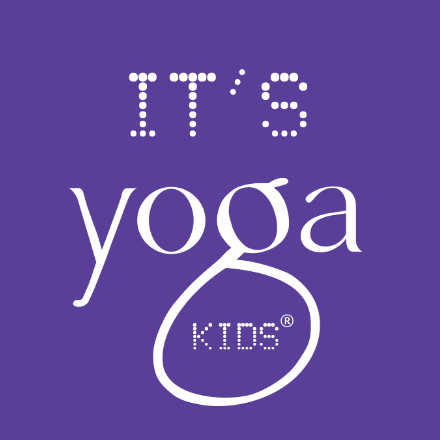
Trauma-Sensitive Training
Who’s really feeling the effects of the pandemic…
Gen Z is struggling to cope the most. School, dating and careers are being derailed by the pandemic. Maintaining friendships has been especially difficult with lack of in-person engagement. It’s both personal and collective trauma.
Almost half of Gen Zers (46%) say they've experienced stress during COVID-19 – compared to around one-third of millennials and Gen X. Sixty-four percent (64%) of people with a mental illness say the holidays make their conditions worse. Bah-hum-bug. So about the stress…Prior to the pandemic, almost one out of five (1 of 5) adults lived with a mental health disorder, but in the last year, nearly two of five (2 of 5) adults reported experiencing anxiety or depressive disorder according to a National Alliance on Mental Illness study. The short-term and unknown long-term effects of the pandemic, have induced trauma for all ages.
Yoga teachers need to be educated for trauma-sensitive practices like these:
- Language awareness - avoid phrases that include words like legs, bum and rear. Instead, instruct placement of hands, feet, and hips.
- Body placement - avoid physical contact with students. Instead, show them visually and guide them verbally how to get in and out of poses.
- Yoga is a choice and a privilege - never force a student to participate in yoga. Instead, invite students to join you, or to observe. If they are in the room, they are learning.
Be mindful of who’s showing up to yoga and talk to them openly about how they are feeling.Yoga unites body, mind and heart. That alone can help elevate the energy for kids and all they are experiencing.
